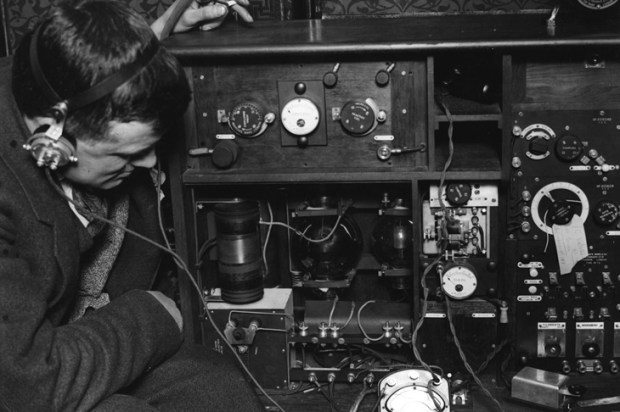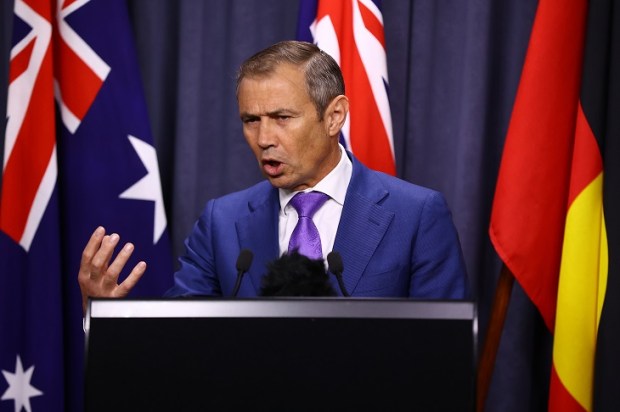Easter has come and gone, but the need for reflection will never pass.
In an increasingly materialistic world, it does no harm to remember the simplicity of the Easter message surrounding two important events: crucifixion and resurrection.
Both are relevant today.
The crucifixion is, at root, an expression of the dark mystery of evil which, increasingly, we see all around us, domestically and internationally.
If we pause for a moment, we can identify manifestations of evil.
The invasion of Ukraine is the modern metaphor; naked butchery carried out by one man against his fellow men and women.
If we thought about it, we would ask, hopefully often, how evil can have such an imposing place in our world…
This is part of the Easter message.
The resurrection on Easter Sunday is the symbolic triumph of goodness over that evil, yet this is an issue with which many people grapple.
Rightly they ask does good really triumph because it often seems we are living in an age where greed, injustice, selfishness, violence, dishonesty, and envy dominate our lives.
We see innocent people ruined through drugs; others see their livelihoods destroyed by flood, fire, and drought.
Others tragically lose their lives on the roads, innocent people, victims of the wanton irresponsibility of others.
Then there are governments who pretend to care, but when you check the record there is more abandonment than caring.
Witness the people suffering from floods and bushfires.
People have lost everything; children have lost their books, their toys, their school; farmers have lost their stock; small businesses have lost their business; people are stripped of their dignity; yet governments ask them to fill out endless forms to qualify for a measly couple of thousand dollars.
I mustn’t be alone in wondering whether people have any comprehension of the Easter message.
Politicians blithely want you to believe they care about our children.
Do they?
Politicians rabbit on about the pollution of the environment or saving the planet; but no one talks about the pollution of young peoples’ minds through an education system that teaches climate change as if it were a Biblical truth, but doesn’t teach geography or history; a system which seeks to radicalise children rather than teach them maths or English; and ignores the ultimate pollution of young peoples’ minds through social media, violent videos, and film.
Sadly, the contemporary history of human behaviour is too often a case of putting ourselves first and hoping that others can manage as best they can.
The biggest call on government is welfare, but increasingly we are happy, it seems, about becoming a dependent society, putting our hand in someone else’s pocket.
I don’t work, but I am entitled to ask you to share with me what you earn from your hard labour.
This brings us back to the Easter message.
The crucifixion of Jesus of Nazareth was a statement of human nature, demonstrating the power that evil has to distort the truth.
It is present with us every day.
Jesus of Nazareth was, by all accounts, a good man.
The crucifixion, which is the religious metaphor of Good Friday, proves that goodness offered him no protection.
The Easter message reminds us that there are crucifixions in every generation; but Easter Sunday tells us to remember the resurrection – that amongst the death and evil of Good Friday is the hope of Easter Sunday.
We must try to make hope inform our lives.
You can watch Alan Jones LIVE and free over on ADH TV.

























